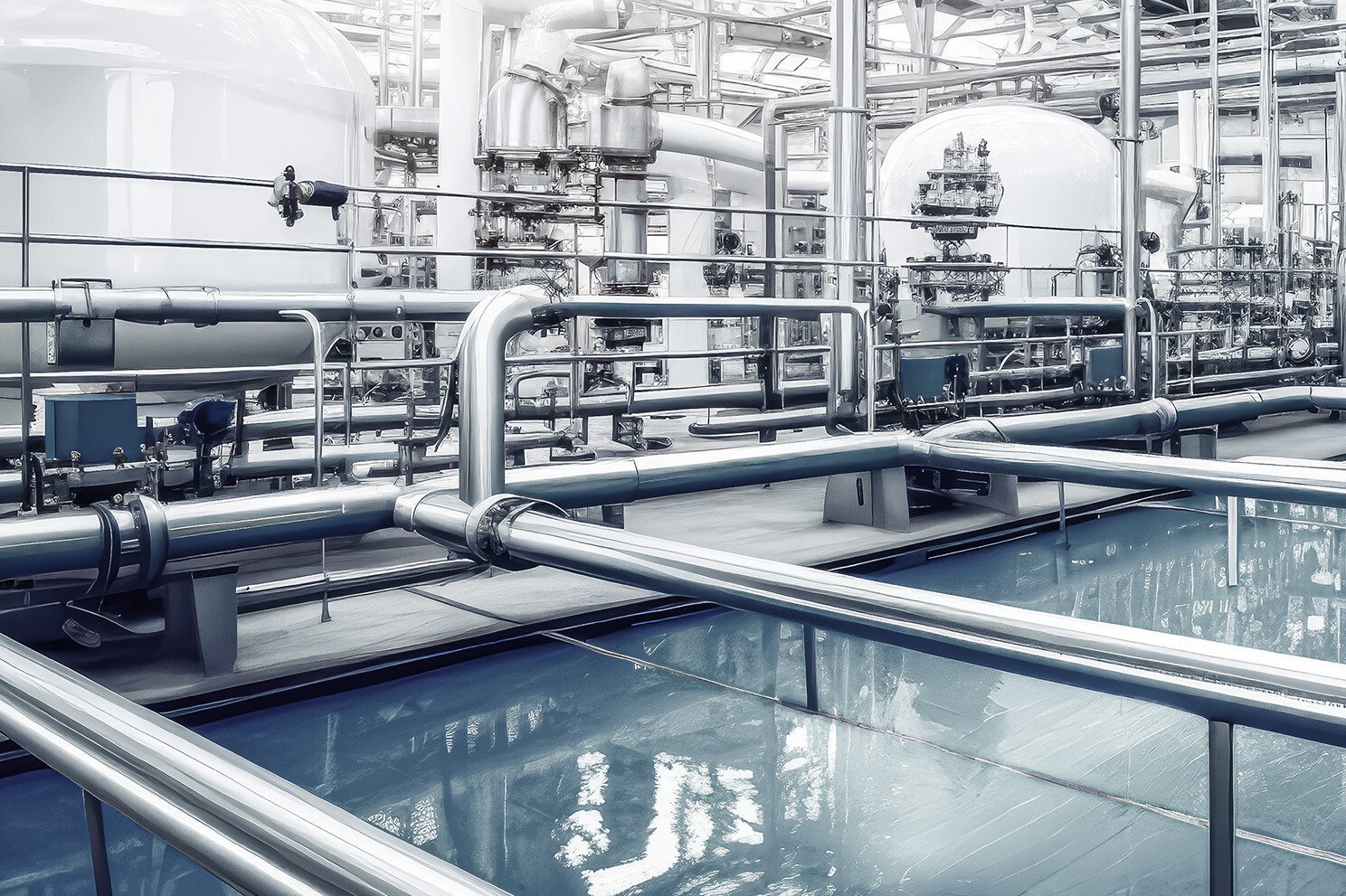Wastewater treatment is one of the most important practices to ensure environmental protection, public health and compliance with current regulatory compliance.
Wastewater can result from industrial or agricultural activities and can cause serious damage to natural ecosystems and biodiversity.
Today, more than ever, in a context of increasing focus on sustainability, wastewater treatment is a crucial issue for companies and institutions.
Not only is it essential for environmental protection, but it is also a key requirement for compliance with applicable laws and regulatory compliance.
Wastewater: types and sources
Wastewater can be classified into several types, each of which requires specific treatment. The main ones include:
- Industrial wastewater: resulting from manufacturing processes, which may include hazardous chemicals, heavy metals and other contaminants.
- Agricultural wastewater: resulting from agricultural practices such as irrigation and livestock farming, often containing pesticides, fertilizers and organic materials.
- Domestic wastewater: resulting from daily activities such as washing, personal hygiene and food preparation.
The impact of wastewater on the environment and regulatory compliance
The environmental impact of untreated wastewater is devastating. Such pollution can compromise aquatic ecosystems, threatening biodiversity and changing the quality of water resources. In addition, chemical and biological contaminants can have harmful effects on human health, especially in communities that depend on local water resources for drinking water.
But the risks don't stop there: poorly managed wastewater can cause eutrophication, a condition in which excess nutrients in the water stimulate uncontrolled growth of algae, which in turn reduce oxygen levels needed for aquatic life. This process destroys entire ecosystems and alters the natural balance of the environment.
Globally and locally, there are strict laws governing regulatory compliance and wastewater treatment. The European Union obliges member states to ensure adequate treatment of wastewater from urban settlements. Then in Italy there are specific regulations that define requirements for wastewater management and treatment, with the aim of protecting the aquatic environment.
Wastewater treatment: techniques and technologies HFiltration
Wastewater treatment is a complex process that is divided into several stages:
- Primary treatment: removal of solids such as sand, gravel and organic residues through sedimentation.
- Secondary treatment: use of biological processes to decompose dissolved organic matter in the water through the action of bacteria and other microorganisms.
- Tertiary treatment: advanced stage that aims to remove more difficult contaminants, such as heavy metals and toxic chemical compounds.
Modern technologies enable effective wastewater management through systems that optimize filtration, purification, and water reuse processes and ensure perfect regulatory compliance. Systems such as biofiltration and scrubbers make it possible to treat large volumes of wastewater with a significant reduction in environmental impact.
Wastewater treatment is an essential practice for any company that wishes to meet European regulatory compliance. It is not just about avoiding penalties, but about taking a forward-looking view that combines regulatory compliance with social and environmental responsibility.
At Filtration, we are committed to the development of filtration systems that ensure both regulatory compliance but respect for the environment.
By filling out the form below, you can get a tailored consultation. We will analyze together the most appropriate treatment for your needs!



